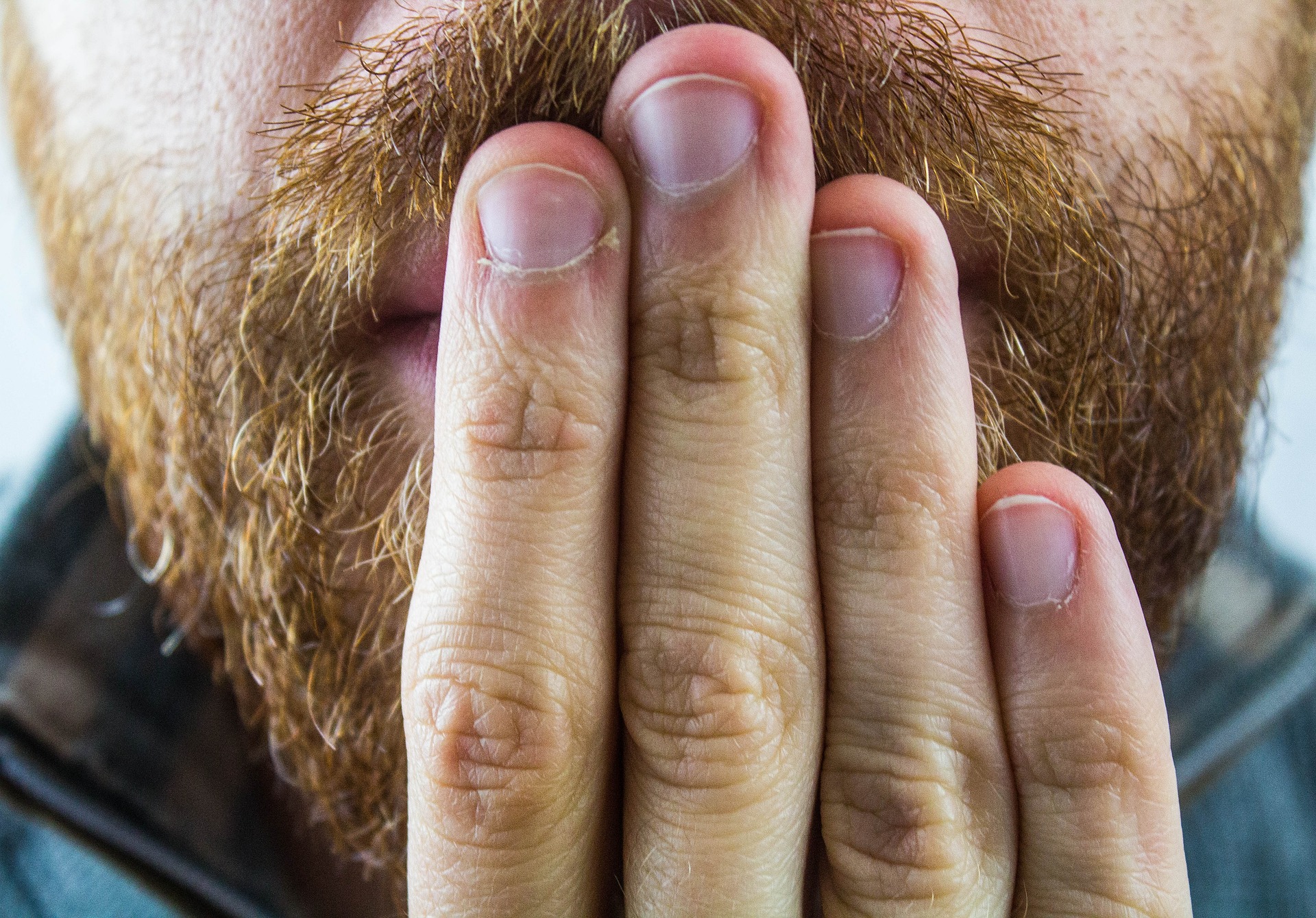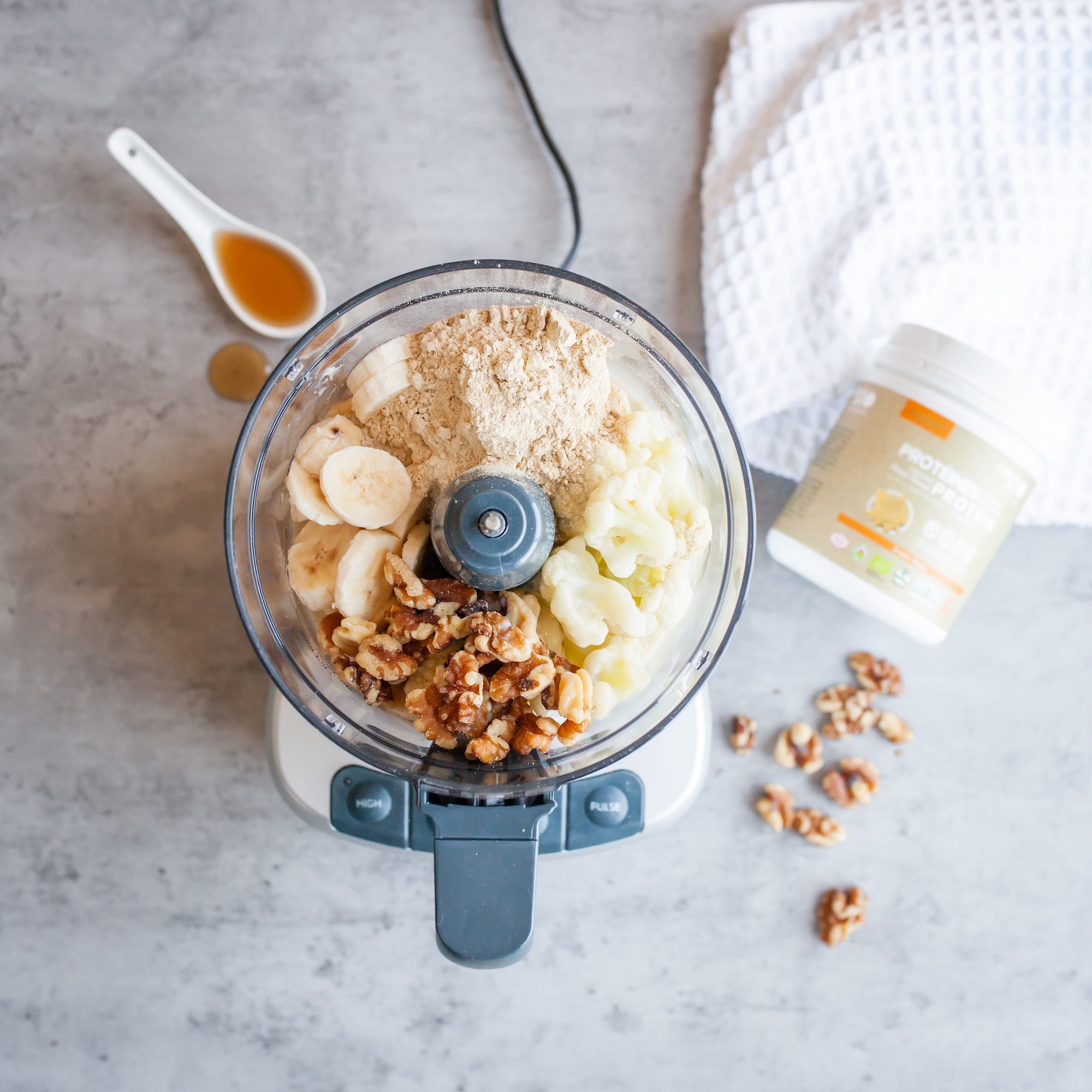Hiccups, those sudden, involuntary contractions of the diaphragm followed by a quick closure of the vocal cords, can be both annoying and disruptive. Whether you’re at a social event, in the middle of a meeting, or simply trying to enjoy a quiet evening, hiccups can strike at the most inconvenient times. This comprehensive guide explores the nature of hiccups, their causes, and a myriad of techniques to help you get rid of them. With a focus on scientific explanations, practical remedies, and a bit of historical context, this guide aims to be your go-to resource for all things related to hiccups.
Understanding Hiccups
Definition and Mechanism
Hiccups, or “singultus,” are involuntary contractions of the diaphragm—the muscle that separates the chest from the abdomen and plays a crucial role in breathing. These contractions are often followed by a sudden closure of the vocal cords, producing the characteristic “hic” sound.
Common Causes
Hiccups can be triggered by a variety of factors, including:
- Overeating or Eating Too Quickly: Consuming large meals or eating too fast can stretch the stomach and irritate the diaphragm.
- Carbonated Beverages: The carbon dioxide in fizzy drinks can distend the stomach.
- Sudden Temperature Changes: Drinking a hot beverage followed by a cold one, or vice versa, can trigger hiccups.
- Excitement or Stress: Emotional reactions can stimulate the nerves that control the diaphragm.
- Alcohol Consumption: Alcohol can irritate the stomach lining and affect the central nervous system.
- Swallowing Air: This can happen when chewing gum or smoking.
Types of Hiccups
Hiccups can be categorized based on their duration:
- Acute Hiccups: Lasting less than 48 hours and usually resolving on their own.
- Persistent Hiccups: Lasting more than 48 hours but less than a month.
- Intractable Hiccups: Lasting longer than a month and often requiring medical intervention.
Immediate Remedies
Breathing Techniques
Breathing techniques are among the most effective ways to stop hiccups. They work by disrupting the hiccup cycle and relaxing the diaphragm.
1. Hold Your Breath
- Take a deep breath and hold it for as long as you can.
- Exhale slowly.
This increases the carbon dioxide levels in your blood, which can help stop hiccups.
2. Breathe into a Paper Bag
- Take a small paper bag and hold it over your mouth and nose.
- Breathe in and out slowly.
This technique also increases carbon dioxide levels, which can calm the diaphragm.
3. Diaphragmatic Breathing
- Sit or lie down in a comfortable position.
- Place one hand on your abdomen and the other on your chest.
- Breathe in deeply through your nose, allowing your abdomen to rise while keeping your chest still.
- Exhale slowly through your mouth.
This helps relax the diaphragm and can stop hiccups.
Swallowing Methods
Swallowing techniques can stimulate the vagus nerve, which helps control the diaphragm.
1. Drink a Glass of Cold Water
- Take small, continuous sips of cold water.
- Alternatively, drink a glass of water while pinching your nose.
This can help reset the diaphragm’s rhythm.
2. Swallow a Teaspoon of Sugar
- Take a teaspoon of granulated sugar and let it dissolve slowly in your mouth.
- Swallow it without chewing.
The grainy texture can stimulate the vagus nerve.
3. Suck on a Lemon
- Cut a lemon into wedges.
- Suck on a lemon wedge or add a few drops of lemon juice to water and drink it.
The sour taste can interrupt the hiccup reflex.
Physical Maneuvers
Physical maneuvers can also help stop hiccups by affecting the diaphragm or the nerves that control it.
1. Valsalva Maneuver
- Take a deep breath and hold it.
- Pinch your nose shut and close your mouth.
- Try to exhale forcefully without letting any air out.
This increases pressure in the chest and can stop hiccups.
2. Pull on Your Tongue
- Stick out your tongue.
- Gently pull on it with your fingers.
This stimulates the vagus nerve and can interrupt hiccups.
3. Apply Pressure to Your Diaphragm
- Sit down and lean forward slightly.
- Apply gentle pressure to the area just below your ribcage.
This can help reset the diaphragm’s rhythm.
Hydration and Diet Approaches
Drinking Water
Proper hydration can play a key role in managing hiccups. Here are some water-based techniques:
1. Ice-Cold Water
- Take small sips of ice-cold water.
- Alternatively, suck on ice chips.
The cold temperature can help soothe the diaphragm.
2. Drink Water Upside Down
- Fill a glass with water.
- Bend over and drink from the opposite side of the glass.
This unusual position can help reset the diaphragm.
Herbal Teas and Remedies
Certain herbs have soothing properties that can help relieve hiccups.
1. Chamomile Tea
- Brew a cup of chamomile tea.
- Sip it slowly.
Chamomile has relaxing properties that can calm the diaphragm.
2. Peppermint Tea
- Brew a cup of peppermint tea.
- Sip it slowly.
Peppermint can help relax the digestive system and diaphragm.
Food-Related Techniques
Some foods and dietary adjustments can help stop hiccups.
1. Peanut Butter
- Take a spoonful of peanut butter.
- Let it dissolve slowly in your mouth before swallowing.
The sticky texture can interrupt the hiccup reflex.
2. Honey
- Take a spoonful of honey.
- Let it dissolve slowly in your mouth before swallowing.
Honey can coat the throat and soothe the diaphragm.
Psychological and Behavioral Techniques
Relaxation Methods
Relaxation techniques can help calm the nerves and muscles involved in hiccups.
1. Meditation
- Find a quiet, comfortable place to sit.
- Close your eyes and take deep, slow breaths.
- Focus on your breathing and let go of any tension.
Meditation can help relax the diaphragm and reduce hiccups.
2. Progressive Muscle Relaxation
- Sit or lie down in a comfortable position.
- Tense and then relax each muscle group in your body, starting from your toes and working your way up to your head.
This technique can help release tension in the diaphragm.
Distraction Techniques
Distracting yourself can sometimes help stop hiccups by taking your mind off them.
1. Count Backwards
- Close your eyes and take a deep breath.
- Start counting backwards from 100.
Focusing on counting can help interrupt the hiccup cycle.
2. Focus on an Object
- Choose an object in the room.
- Focus all your attention on it, noting its details, colors, and shapes.
This can help divert your attention away from the hiccups.
Cognitive Behavioral Strategies
Changing your thought patterns can also help manage hiccups.
1. Positive Visualization
- Close your eyes and take a deep breath.
- Visualize your diaphragm relaxing and your hiccups stopping.
Positive visualization can help reduce the stress and tension that may contribute to hiccups.
2. Cognitive Restructuring
- Identify any negative thoughts or beliefs about your hiccups.
- Challenge these thoughts and replace them with more positive, realistic ones.
Changing your mindset can help reduce the impact of hiccups.
Medical and Pharmaceutical Solutions
Over-the-Counter Medications
Certain over-the-counter medications can help manage hiccups.
1. Antacids
- Take an antacid containing magnesium or calcium.
- Follow the dosage instructions on the package.
Antacids can help reduce stomach irritation, which can sometimes trigger hiccups.
2. Simethicone
- Take a simethicone-based anti-gas medication.
- Follow the dosage instructions on the package.
Simethicone can help relieve gas and bloating, which can sometimes cause hiccups.
Prescription Treatments
For persistent or intractable hiccups, a doctor may prescribe medication.
1. Chlorpromazine
- Chlorpromazine is an antipsychotic medication that can also be used to treat hiccups.
- Follow your doctor’s dosage instructions.
Chlorpromazine can help calm the nerves that control the diaphragm.
2. Baclofen
- Baclofen is a muscle relaxant that can help reduce diaphragm spasms.
- Follow your doctor’s dosage instructions.
Baclofen can help relax the diaphragm and stop hiccups.
Medical Procedures
In severe cases, medical procedures may be necessary to stop hiccups.
1. Nerve Block
- A doctor may perform a nerve block to interrupt the nerves that control the diaphragm.
- This is usually done using a local anesthetic.
Nerve blocks can provide long-term relief from persistent hiccups.
2. Phrenic Nerve Surgery
- In extreme cases, surgery may be performed to sever the phrenic nerve, which controls the diaphragm.
- This is usually a last resort when other treatments have failed.
Phrenic nerve surgery can provide permanent relief from intractable hiccups.
Alternative and Complementary Therapies
Acupuncture and Acupressure
Traditional Chinese medicine techniques like acupuncture and acupressure can help relieve hiccups.
1. Acupuncture
- A trained acupuncturist will insert thin needles into specific points on your body.
- This can help balance the body’s energy and relieve hiccups.
Acupuncture can stimulate nerves and muscles, helping to reset the diaphragm.
2. Acupressure
- Apply gentle pressure to the acupressure point known as “CV17,” located in the center of the chest, just above the sternum.
- Hold the pressure for several minutes while taking deep breaths.
Acupressure can help relax the diaphragm and stop hiccups.
Homeopathic Remedies
Homeopathic remedies are based on the principle of “like cures like” and can be used to treat hiccups.
1. Nux Vomica
- Nux vomica is a common homeopathic remedy for digestive issues and hiccups.
- Follow the dosage instructions provided by a homeopath.
Nux vomica can help relieve hiccups caused by overeating or indigestion.
2. Ignatia
- Ignatia is used to treat hiccups caused by emotional stress or grief.
- Follow the dosage instructions provided by a homeopath.
Ignatia can help calm the nervous system and reduce hiccups.
Aromatherapy
Aromatherapy uses essential oils to promote relaxation and well-being, which can help relieve hiccups.
1. Lavender Oil
- Add a few drops of lavender essential oil to a diffuser.
- Inhale the calming scent.
Lavender oil can help relax the diaphragm and reduce hiccups.
2. Peppermint Oil
- Add a few drops of peppermint essential oil to a diffuser or a bowl of hot water.
- Inhale the invigorating scent.
Peppermint oil can help relax the digestive system and diaphragm.
Preventative Measures
Lifestyle Adjustments
Making certain lifestyle changes can help prevent hiccups from occurring in the first place.
1. Eat Smaller Meals
- Avoid overeating by eating smaller, more frequent meals throughout the day.
- Chew your food thoroughly and eat slowly.
This can help prevent stomach distension and irritation of the diaphragm.
2. Avoid Carbonated Beverages
- Limit your intake of carbonated drinks like soda and sparkling water.
- Opt for still water or non-carbonated beverages instead.
Reducing your intake of carbonated beverages can help prevent hiccups.
Dietary Changes
Certain dietary changes can also help prevent hiccups.
1. Avoid Spicy Foods
- Limit your consumption of spicy foods, which can irritate the stomach and diaphragm.
- Opt for milder, less irritating foods.
Avoiding spicy foods can help reduce the likelihood of hiccups.
2. Stay Hydrated
- Drink plenty of water throughout the day to stay hydrated.
- Avoid drinking large amounts of water all at once.
Staying hydrated can help keep the diaphragm relaxed and prevent hiccups.
Stress Management
Managing stress can help reduce the frequency of hiccups.
1. Practice Mindfulness
- Engage in mindfulness practices like meditation, deep breathing, and yoga.
- Focus on the present moment and let go of any tension.
Mindfulness can help reduce stress and prevent hiccups.
2. Get Regular Exercise
- Engage in regular physical activity to help manage stress and keep your body healthy.
- Aim for at least 30 minutes of moderate exercise most days of the week.
Exercise can help reduce stress and prevent hiccups.
Historical and Cultural Perspectives
Ancient Remedies
Throughout history, various cultures have developed remedies for hiccups.
1. Ancient Greek Remedies
- The ancient Greeks believed that hiccups could be cured by holding one’s breath and drinking water.
- They also recommended eating a mixture of honey and vinegar.
These remedies were thought to help reset the diaphragm.
2. Traditional Chinese Medicine
- Traditional Chinese medicine practitioners have used acupuncture and herbal remedies to treat hiccups for centuries.
- Common herbs used include ginger and licorice root.
These remedies are believed to balance the body’s energy and relieve hiccups.
Cultural Beliefs and Practices
Different cultures have their own beliefs and practices for treating hiccups.
1. Latin American Remedies
- In many Latin American cultures, it is believed that pulling on the tongue or holding one’s breath can cure hiccups.
- Some people also recommend drinking a glass of water while thinking about a red object.
These practices are thought to help interrupt the hiccup reflex.
2. Indian Ayurvedic Remedies
- Ayurveda, the traditional medicine system of India, recommends drinking warm milk with honey to treat hiccups.
- Practitioners also suggest breathing exercises and herbal remedies like cardamom and asafetida.
Ayurvedic remedies aim to balance the body’s doshas and relieve hiccups.
Modern Interpretations
Modern medicine has built on traditional remedies to develop new treatments for hiccups.
1. Scientific Research
- Researchers continue to study the mechanisms of hiccups and develop new treatments.
- Recent studies have explored the use of medications, nerve blocks, and other interventions.
Scientific research aims to provide more effective and reliable treatments for hiccups.
2. Integrative Medicine
- Integrative medicine combines traditional and modern approaches to treat hiccups.
- This may include a combination of dietary changes, stress management techniques, and medical treatments.
Integrative medicine aims to provide a holistic approach to treating hiccups.
Scientific Research and Future Directions
Current Studies
Scientists are continually exploring new ways to understand and treat hiccups.
1. Neurological Research
- Researchers are studying the role of the brain and nervous system in hiccups.
- Recent studies have identified specific brain regions and nerve pathways involved in hiccups.
This research aims to develop new treatments that target the neurological causes of hiccups.
2. Pharmacological Studies
- Scientists are testing new medications and drug combinations to treat hiccups.
- Recent studies have explored the use of anticonvulsants, muscle relaxants, and other medications.
Pharmacological research aims to provide more effective and targeted treatments for hiccups.
Innovations in Treatment
New treatments for hiccups are being developed based on the latest scientific research.
1. Neuromodulation
- Neuromodulation techniques, such as transcranial magnetic stimulation (TMS), are being studied as potential treatments for hiccups.
- These techniques involve stimulating specific areas of the brain to reset the hiccup reflex.
Neuromodulation offers a promising new approach to treating hiccups.
2. Personalized Medicine
- Personalized medicine approaches are being developed to tailor treatments to individual patients’ needs.
- This may involve genetic testing and personalized drug regimens.
Personalized medicine aims to provide more effective and individualized treatments for hiccups.
Potential Future Remedies
Future research may lead to new and innovative treatments for hiccups.
1. Gene Therapy
- Gene therapy techniques may be developed to target the genetic causes of hiccups.
- This could involve modifying specific genes involved in the hiccup reflex.
Gene therapy offers a potential new approach to treating chronic and intractable hiccups.
2. Advanced Neurological Treatments
- Advanced neurological treatments, such as deep brain stimulation, may be developed to treat hiccups.
- These treatments involve implanting devices that stimulate specific areas of the brain.
Advanced neurological treatments offer a promising new approach to treating severe and persistent hiccups.
Conclusion
Hiccups, while usually harmless, can be a frustrating and disruptive experience. Fortunately, there are many techniques available to help stop hiccups and prevent them from occurring.
Whether you prefer natural remedies, medical treatments, or lifestyle adjustments, this comprehensive guide provides a wealth of information to help you manage hiccups effectively. By understanding the causes of hiccups and exploring a variety of remedies, you can find the best approach for your individual needs and enjoy a hiccup-free life.


